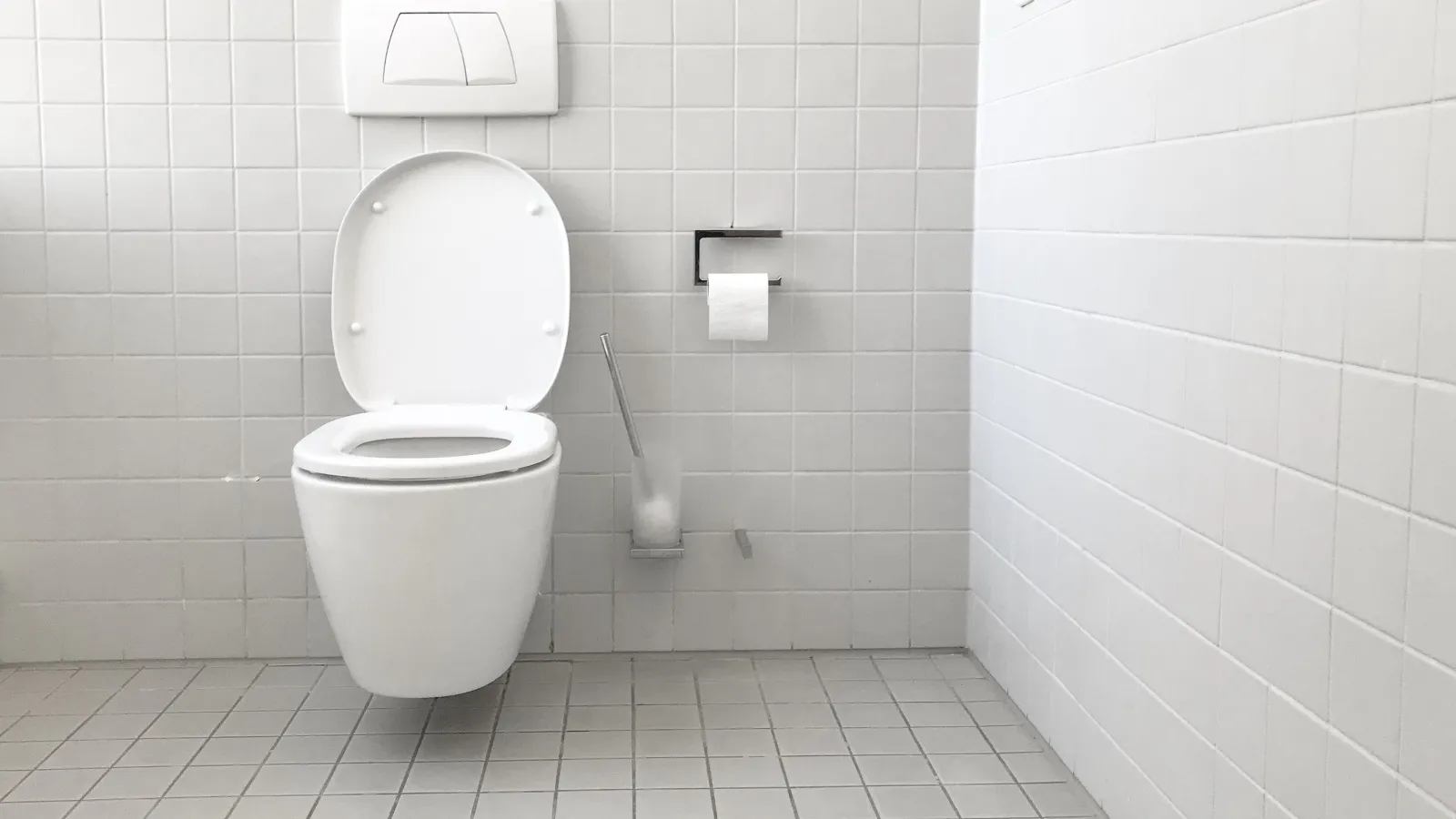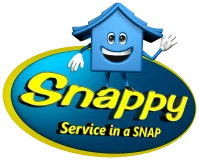How to Avoid Clogged Toilets During the Holidays (& The Rest of the Year)

Did your
Monday begin with a clogged toilet? Are you experiencing toilet drainage issues
in the middle of your holiday festivities? Whether they happen during special
occasions or any other time of the year, clogged toilets are a headache and a
disruption to your household. To help avoid the need for emergency
plumbing services, learn more about what causes clogged
toilets or how to address clogs, if they occur.
Common Causes of Clogged Toilets
While our favorite foods often cause clogged drains in the kitchen, clogged toilets similarly result from a variety of common causes. Consequently, being more aware and mindful of them can help avoid problematic drainage issues. Although it's not unheard of for phones or toys to get dropped into a toilet, it's more likely that your clogged toilet is the result of your plumbing system, bathroom or body products or the toilet itself. Here are 6 reasons for toilet drainage issues:
- Toilet paper: Clogged toilets
often occur due to accumulations of toilet paper in the drain - an example
of "soft stoppage." Flushing too much paper at once or the type
of toilet paper can cause this problem. In other scenarios, toilet paper
is held responsible for the problem, but the buildup is actually due to
insufficient water pressure or pipe issues.
- Age: Older drains
tend to have a lot of buildup, especially in homes with hard water. In
some cases, having more frequent toilet use provides the right amount of
extra stress and causes notable drainage issues.
- Wipes: Even if your
baby wipe or other cleansing wipe claims to be flushable, it may still
cause a clog. As explained at Consumer Reports, these wipes may appear
to go down the drain but that doesn't mean they are entirely gone from
your plumbing system or the water supply entirely.
- Other personal
care products: For various reasons such as forgetfulness or accidental flushing,
personal care products often result in clogged toilets. From feminine
products to cotton balls or diapers stored above the toilet, personal care
products can accidentally drop into the toilet and cause a clog if
flushed.
- Hair: According to
the American Academy of Dermatology, people
shed as many as 100 hairs a day. Understandably, some of this shedding may
happen in proximity to the toilet, especially since many people brush
their hair in the bathroom. Other individuals may intentionally try to
dispose of hair via the toilet drain. Regardless of how it gets into the
toilet, a clogged toilet may result over time, especially if there is
other debris or existing slow drain concerns.
- Tree roots: Toilet drain issues also derive from tree root intrusion. As sewer pipes age and cracks start to form, a tree root itself or dirt and sediment enter the line, which creates a blockage. A repeatedly clogged toilet may be a sign of this issue, and more severe sewage problems may be on the horizon if roots are interfering with the line.
Slow Drains and Clogged Toilets
Many homes already have slow drains, but homeowners may not see the reason for this interference. While a clog may cause a slow drain, poor drainage may also be a sign of clog development. Unfortunately, with a house full of guests or simply more use than usual of the plumbing system, that slow drain can quickly become an issue and the backup then appears at the lowest point in the home, typically a tub, shower, or toilet on a main level or basement. In homes with toilets that routinely flush slowly or back up, it's best to contact a plumbing professional for assistance before the problem becomes more severe.
To most
accurately determine the cause of slow drains or frequent backups, plumbing
specialists typically perform a drain inspection with a video camera. This
procedure helps plumbers determine if larger issues exist, which can create
more headaches and possibly property damage if left unresolved. For older
toilets, the fix may be to install a more efficient, low flow toilet. These
toilets also help reduce wasted water and may even lower your water bill.
Additionally, other potential issues like a damaged exterior drain or root
intrusion may go unnoticed until large volumes of water enter the house. As a
result, the slow drain then becomes a main line backup. Roots in the sewer line
require professional expertise because the fix for this problem is digging up
the line and replacing compromised sections or the entire sewer line. In short,
problems with clogged toilets may require professional drain
cleaning with specialty equipment and/or excavating the pipe to
replace or repair.
DIY Method to Clear a Clogged Toilet
Importantly, homeowners may experience partial or full clogs of their toilet and sink drains, pipes and even sewer lines. Understandably, many people fear the fully clogged toilet (where the waste will not flush) and panic when they see the water level rise. Although it's tempting to do so, DO NOT flush the toilet again, as repeating this action simply worsens the problem. If flushing does happen twice, then immediately lift the ball-float in the tank to temporarily stop the flow until you can turn the water completely off.
As highlighted with tree root intrusion or more severe clogs, certain problems require professional plumbing services, but it may also just be more reassuring to homeowners to have a qualified expert perform them. These specialists can assess and fix your clogged toilet or other toilet drainage issues and ensure that there are no other plumbing system concerns. In less severe circumstances, you may feel comfortable trying to clear the toilet yourself. You'll need a few pieces of equipment (a plunger and a drain snake or auger) and a willingness to tackle the clogged toilet, as explained below.
- Scoop out
excess water from the bowl. First, you might put down some
old towels to catch splashes or drips. Then, scoop the water out until
there are just a couple of inches of water at the bottom.
- Plunge. Use a toilet
plunger, which is cone-shaped to fit in the drain hole. The remaining
water in the bowl acts as suction, which creates water pressure to remove
blockage. Try this a few times.
- Snake or auger the toilet. After using the toilet plunger, use a snake or auger, which are long wires with a corkscrew tip. Feed the wire into the pipe while simultaneously turning the handle clockwise until it hits the block. Keep turning the snake or auger, which allows the tip to screw into the obstruction. This effort will either clear the block, or the debris will stick to the tip of the auger. Be careful putting these tools into the toilet, in order to prevent scratching the toilet in visible areas.
If the
clogged toilet drain persists or you don't have the time or interest to try to
fix it yourself, then contact the plumbing
professional near you to resolve the current
issues and avoid more severe problems. Let the Snappy Services team deal with
your clogged toilet, so you can spend your time on activities you enjoy rather
than stress about a clogged drain. Snappy is here 24/7 and offers HVAC and electrical services in
addition to plumbing. Please contact
us with any questions or request
service today!

